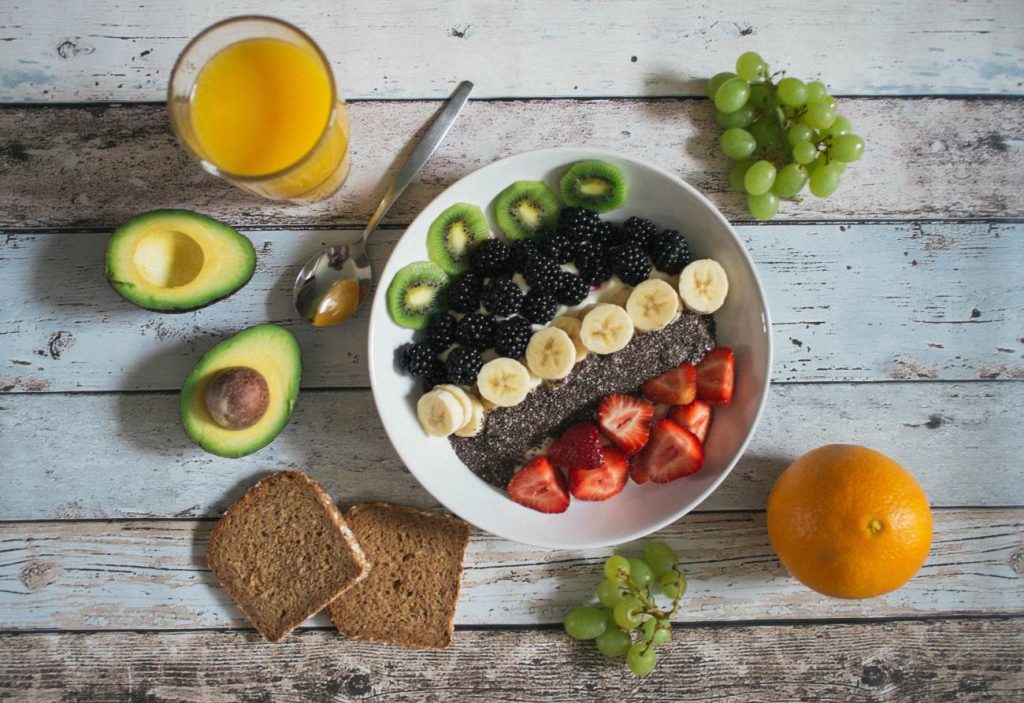[This is a guest post by Consultant Dietitian Gillian McConnell]
Many factors are important for a healthy retirement – staying physically active, maintaining close relationships and pursuing personal goals. However, one factor is vital to make the others all possible: a healthy diet. Without considering healthy eating, you cannot fully benefit from a rewarding and engaging retirement, and increase your risk of a range of health issues.
Challenges to good nutrition:
As people age, the amount of calories they need to consume each day reduces as the amount of good quality nutrients they need increases. This makes it difficult to ensure they’re getting all the vitamins and minerals they need each day, since you’re typically eating less. That’s also why it’s all the more important to choose foods rich in nutritional content.
Results of poor nutrition
Poor nutrition can put you at risk for a number of health issues that could interfere with a happy retirement. A poor diet increases the chance of developing hypertension, diabetes and heart disease. Additionally, nutrient deficiencies can affect mobility, weaken bones and muscles, and can contribute to cognitive issues.
“The key to following a good diet throughout retirement is making healthy choices a habit.”
Important Nutrients:
Greater amounts of specific nutrients are required to help keep the body and mind strong during retirement, such as minerals for strong bones, fibre for a healthy digestive system and protein for cognitive health. In addition, it’s also important to eat balanced amounts of fruits and vegetables, healthy fats and complex carbohydrates, as well as lots of water to stay hydrated. Daily consumption of vital nutrients and minerals can have a significant impact. Aim to eat fruit, veg or salad at each meal in the day and to eat a rainbow of coloured salad / vegetables on your plate at your main dinner. If every person ate five to 10 servings of fruit or vegetables each day, the cancer rate could drop by as much as 20 per cent.
The daily dietary recommendations for healthy eating are as follows:
- 7 servings of fruits and vegetables
- 3 servings of dairy
- 2 – 3 servings of meat and its alternatives
- 5 servings of grains
Top Tips for healthy eating:
- The key to following a good diet throughout retirement is making healthy choices a habit by fitting them into daily routine.
- Keep to a schedule of three balanced meals per day, plus healthy snacks as needed.
- Set small, incremental goals to improve their diet, such as choosing to eat one more fruit or vegetable each day, or to eat fish once a week.
- Variety is key. This helps keep eating interesting and ensures you get a good variety of nutrients.
- Ease up on the extras like butter, cakes, cheese and other saturated fat foods which contribute to excess calories. Include them less often and in smaller portions.
- Careful that alcohol intake is not creeping up now that you are not working. Aim for a few alcohol free days and watch portions. Try to consume a non-alcoholic beverage between drinks to help slow you up.
- Finally enjoy your food! Now that you have more time on your hands you might like to experiment with cooking and find your inner chef!
Gillian McConnell is a member of the Irish Nutrition & Dietetic Institute (INDI). She works as a self-employed dietitian and has set up private dietetic clinics based in South Dublin and Co. Wicklow. She manages her own business called Inside Out Nutrition.



